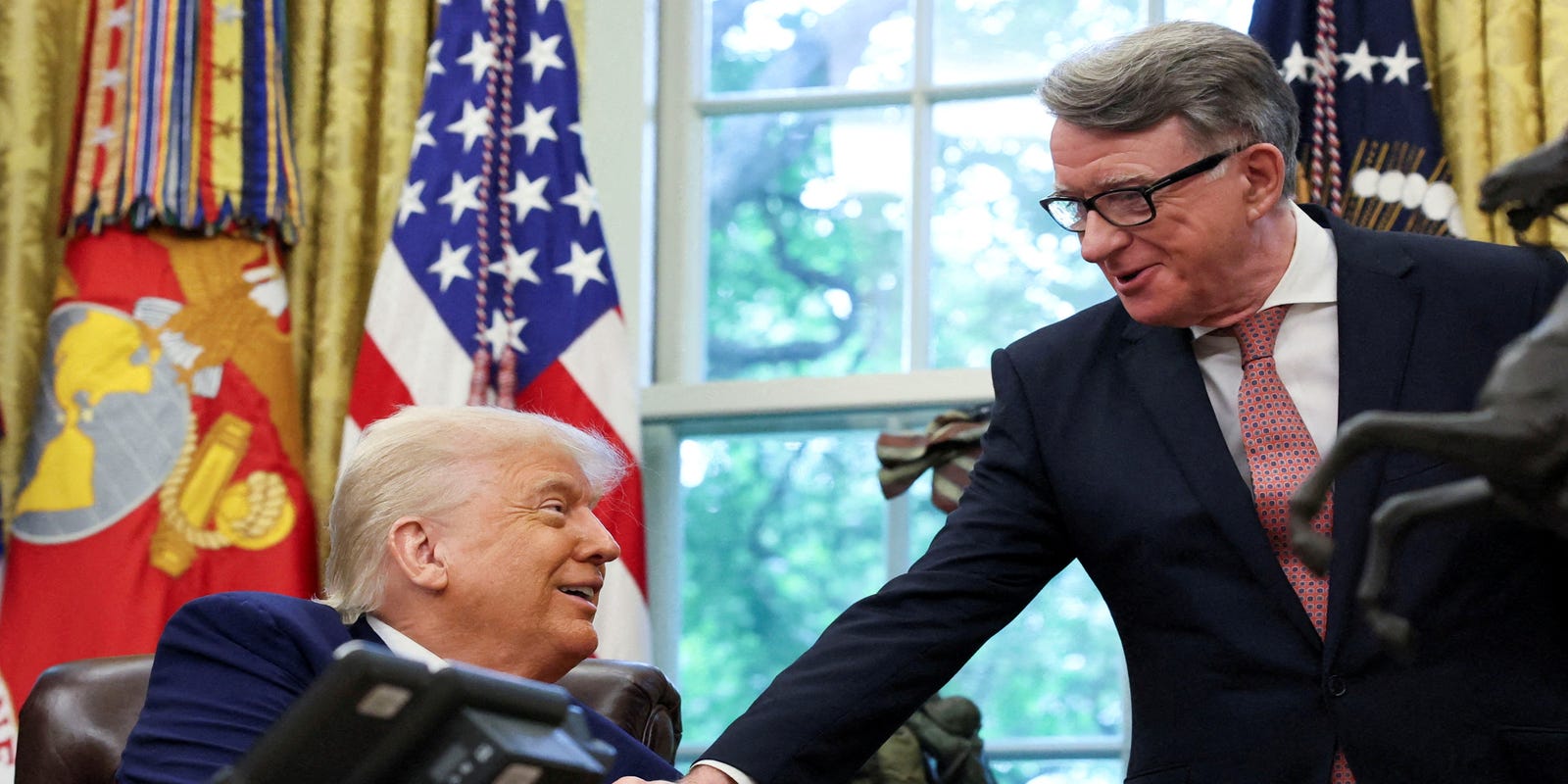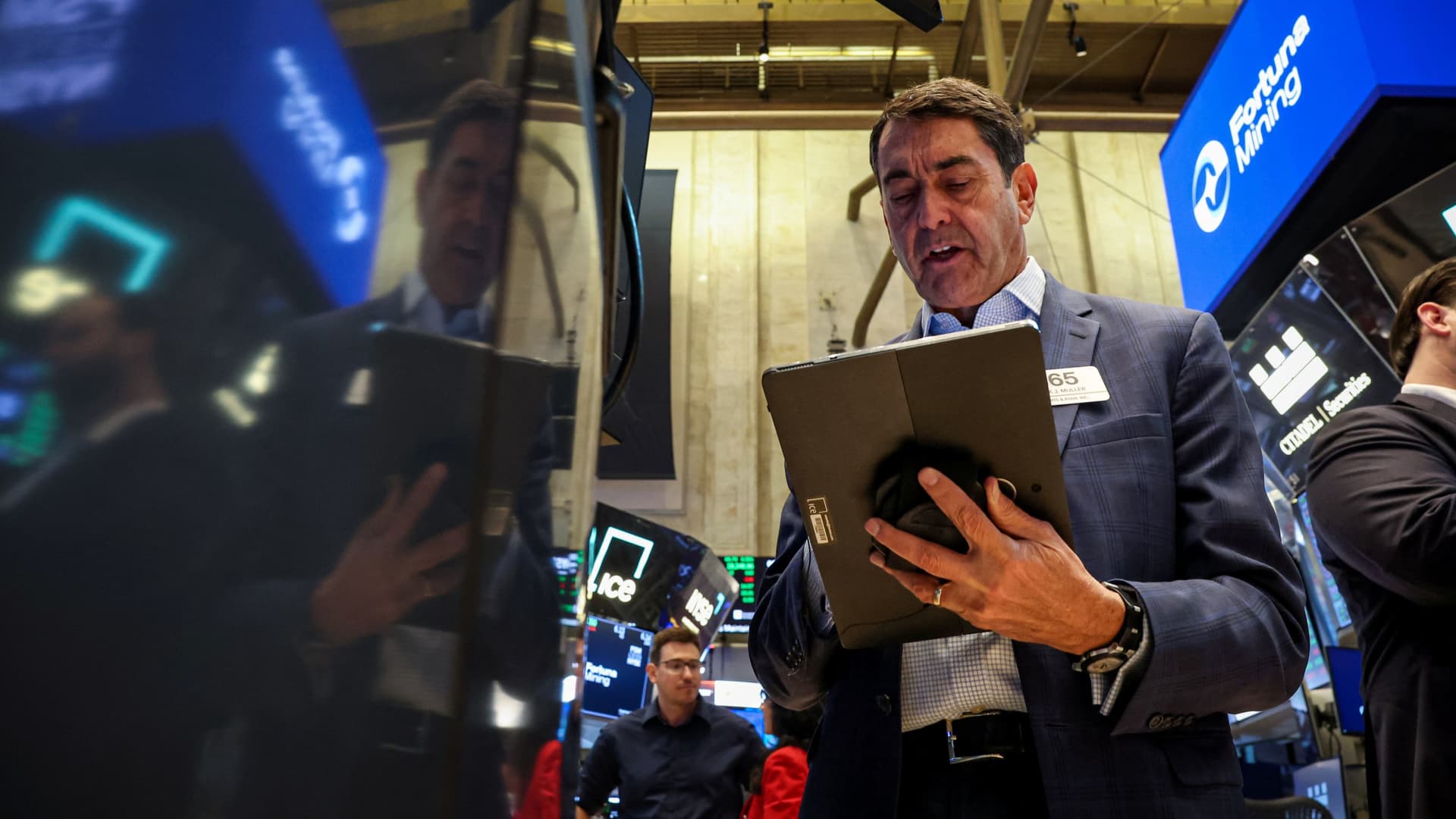
Economists have raised concerns that a proposed series of tariffs under discussion by the United States could lead to higher prices for consumers, adding to inflationary pressures already felt in several key sectors. At the same time, the US and the United Kingdom are exploring a potential trade deal aimed at deepening economic ties and offsetting market uncertainties resulting from global economic shifts.
Experts warn that while tariffs may offer temporary protection for domestic industries, they often place the burden on consumers through increases in the cost of imported goods. Supply chain dependencies and closely linked transatlantic markets mean that any significant change in tariff policy would likely have ripple effects across price structures.
The potential for a US-UK trade deal, meanwhile, has sparked cautious optimism. Such an agreement could potentially ease some economic strains by reducing trade barriers between the two allies. However, the details of any finalized policy remain unclear, and economists point out that trade deals typically have long implementation periods before their full effects are realized.
British Prime Minister Keir Starmer has expressed interest in forging stronger economic relationships post-Brexit, and a trade partnership with the US could support that strategy. US officials have similarly leaned into trade diplomacy as a counterbalance to tensions with China and other major economies.
Nevertheless, analysts remain vigilant. “Policymakers must strike a balance between protecting strategic industries and ensuring affordability for consumers already impacted by higher interest rates and persistent inflation,” said one leading trade economist.
As negotiations unfold and tariff considerations evolve, households and businesses on both sides of the Atlantic will be watching closely, hoping for stability in pricing and continued access to goods and services at sustainable costs.
Source: https:// – Courtesy of the original publisher.








